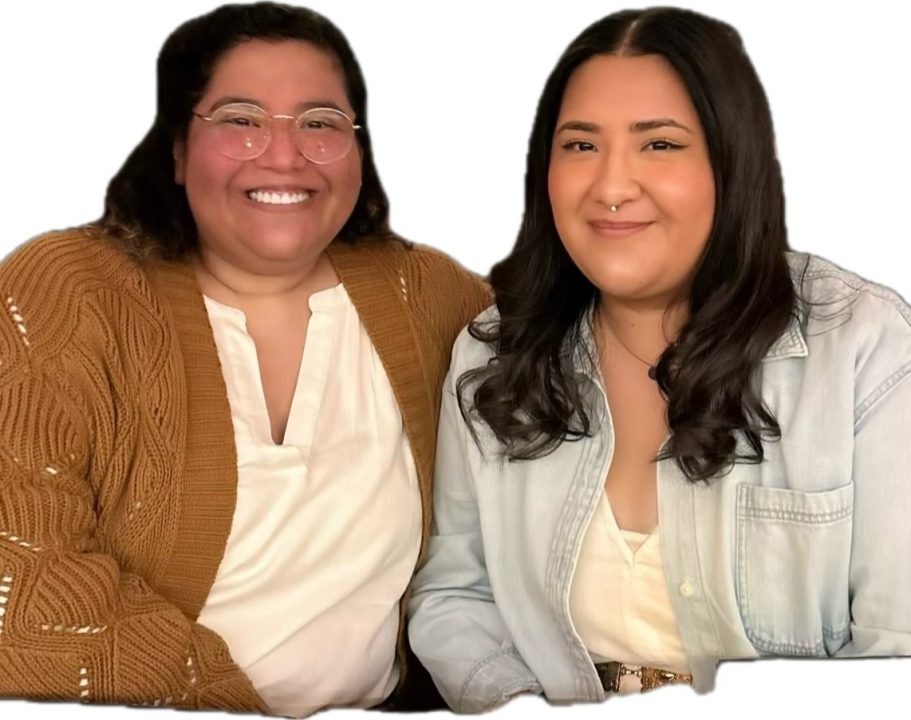FORT WORTH, Texas — How many siblings work in the same profession? According to Meta Research, up to 15% of same-gender siblings in the U.S. hold similar occupations. The findings were based on an analysis of 2.37 million profiles of siblings in which profession was shown.
Take sisters Jennifer and Jessica Gamez. The eldest by four years, Jessica was the first family member to attend college. She chose Tarrant County College Southeast because it was close to home. Later she would attend TCC South to work on her capstone courses in information security technologies. She graduated with her AAS in 2010.
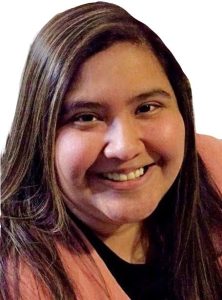
Before enrolling in TCC, Jessica participated in an American Sign Language (ASL) congregation and immersed herself in the Deaf community. She became proficient in ASL.
“After two years of signing, my Deaf friends asked if I had considered a career as an interpreter,” she said. “At the time, I was in my second year of pursuing a technical degree.”
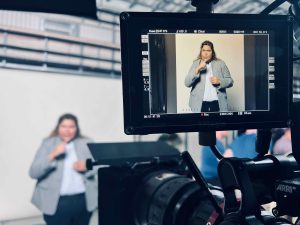
Through her interactions with friends who worked as interpreters, she learned about the profession and decided to pursue formal training. She completed her Sign Language Interpreting program certificate in 2012.
Jessica not only inspired her sister, she inspired her parents. “When I was around 14, Jessica would teach my parents and me signs she had learned,” Jennifer said. “Sign language is a visual and, quite literally, hands-on language, so learning it came easy to me since I am a kinesthetic and visual learner.”
“We come from a very tight-knit family,” Jessica added. “When I immersed myself in the Deaf community, my family embraced the journey along with me. My parents and sister became fluent ASL users. My sister witnessed my journey through SLIP and the beginning of my career, which inspired her to enroll.”
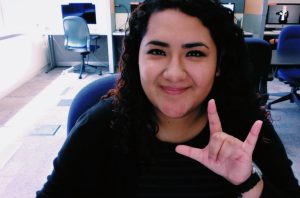
Jennifer agreed. “Jessica played a big part in me becoming a sign language interpreter. Her being the first in our family to attend college motivated me to do the same and have a meaningful career.”
Two years later, Jennifer followed in her sister’s footsteps. She chose TCC for a couple of reasons. It offered affordable classes, and it allowed her to pursue her passion for uplifting the Deaf community.
The College was the only local higher education institution that offered classes to learn sign language and ASL interpretation.
“I believed becoming a sign language interpreter was one of the ways I could make space for Deaf people in a hearing world,” she said. “To this day, I still learn so much from the Deaf community. I am grateful to them and my interpreting professors at TCC who helped me get where I am today.”
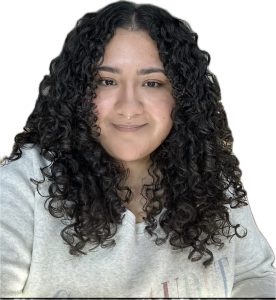
Speaking of TCC faculty, SLIP Director Sammie Sheppard sang the sisters’ praises. “Jessica has become a leader in interpreting, particularly in trilingual interpreting. She continues to support our students and program by mentoring interns and as a member and current chair of our Advisory Board.”
Sheppard said Jennifer, too, serves as a mentor. “She is a wonderful role model of professionalism for our students to emulate and of what they can accomplish if they focus on the work and persevere.”
Today, Jennifer and Jessica serve the Deaf community as interpreters. After she obtained her Board for Evaluation of Interpreters (BEI) Advanced Trilingual certification, Jessica started her own business, Viva Interpreting.
She recognized a pronounced local and national demand for trilingual interpreters proficient in ASL, English and Spanish, particularly within the Spanish-speaking and Black, Indigenous, People of Color (BIPOC) communities. Now she’s among 27 interpreters nationwide who possess the BEI Trilingual certification, and she’s the only such interpreter in North Texas. She also is an executive board member of Mano a Mano, a national trilingual association.
Jennifer works remotely as an interpreter for the video relay service Purple Communications, Inc., where she interprets phone calls between hearing and Deaf individuals.
“Video relay interpreting is full of surprises,” she said. “You never know what the next incoming call is going to be about. It could be a 911 emergency call, or it could be family members catching up. Both Deaf and hearing customers share their gratitude for the services I provide every single day, and that fills me with joy.”
Jennifer celebrates the fact that she was able to buy her first home last year, thanks to the skills she gained at TCC. She says she’s proud of being a TCC alumna because it has given her the education and tools she needs to be competent in the workplace.
Jessica says the same thing about her own situation.
“While there is often a stigma associating community college with lower education quality, my personal experience contradicts that belief. I discovered the education at the community college level to be enriching, supportive and instrumental in constructing a robust academic foundation. Success is more about an individual’s commitment and the available opportunities.”
She advises potential community college students to conduct thorough research and connect with individuals who have achieved success.
“Choosing TCC is a worthwhile decision,” she said. “It truly changed the course of my professional career.”
Sign Language Interpretation – Tarrant County College (tccd.edu)
Tarrant County College is one of the nation’s largest higher education institutions and boasts the second-lowest tuition of Texas’ Top 10 community colleges. A comprehensive two-year college with six campuses in Tarrant County and online classes, TCC offers a range of opportunities for learners of all ages and backgrounds, including Associate of Arts and Associate of Applied Science degrees; workforce and economic development programs; technical and skilled trades programs; and customized training for area businesses and corporations.

